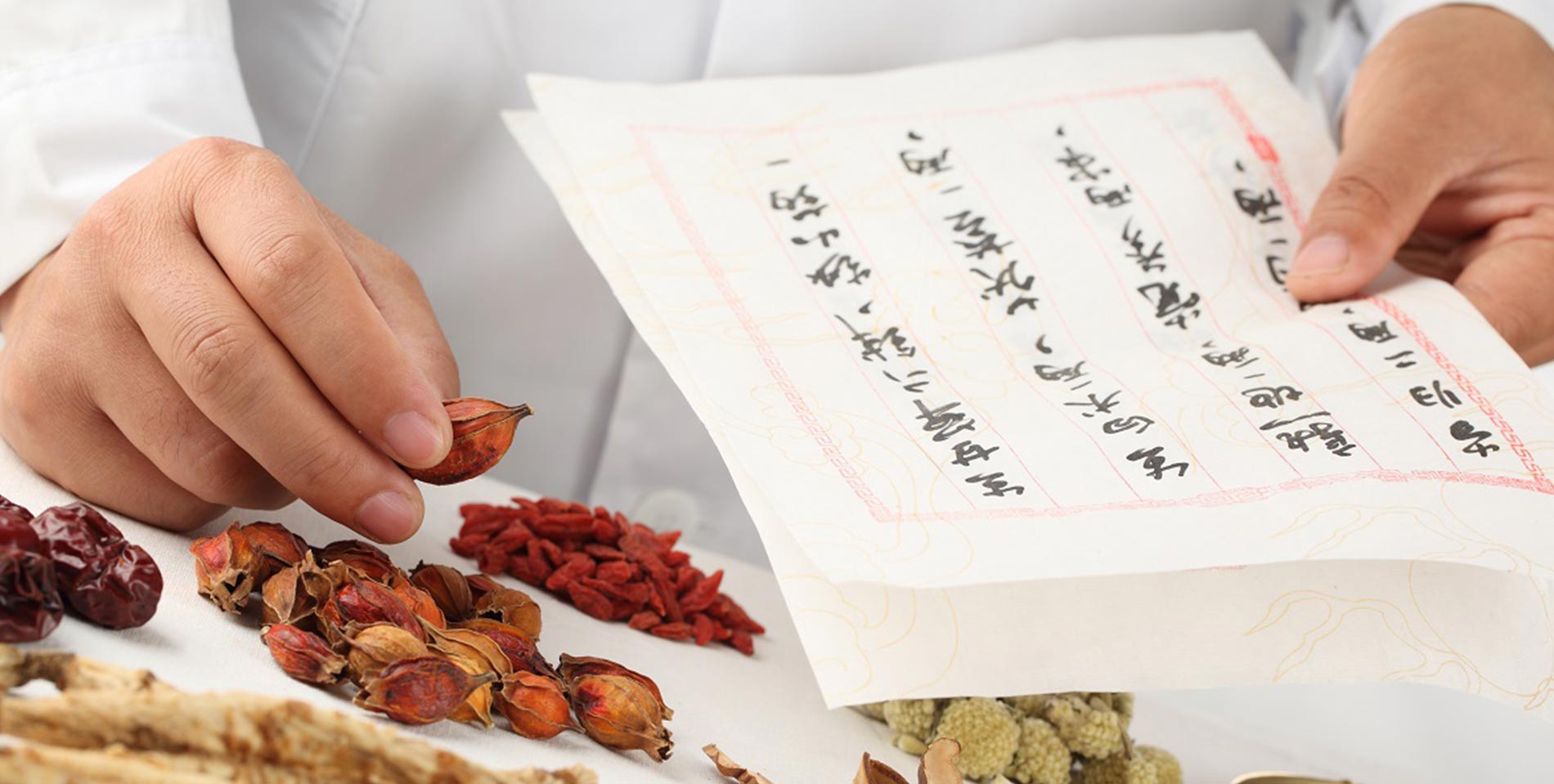Chinese Herbal Medicine is an ancient system of healthcare which can be traced back to more than two thousand years since its introduction. It takes a natural and holistic approach to healthcare and is trusted by people from a wide range of cultural and social backgrounds.
Chinese herbal medicines are generally considered as safe but occasionally may be associated with possible adverse reactions in individual cases. They must be taken as directed by qualified Chinese Medicine practitioners. Chinese herbal medicines are prescribed either as pills, capsules, tablets or granules to be dissolved in hot water. Sometimes the traditional method of boiling raw herbs will be prescribed. The format of herbs recommended by your practitioner will depend on your condition.
What is Chinese herbal medicine?
Chinese herbal medicine takes a holistic approach of diagnosis and treatment of illness. It seeks to narrow in on the root cause of a specific illness in order to resolve the condition. This is a different approach compared to the Western Medicine which mainly focuses on treating the symptoms. Chinese herbal medicine focuses as much on the prevention of illness as the treatment of it.
Most diseases or illnesses may have a core set of general signs and symptoms. But the actual presentation of a particular health condition may vary from person to person. Therefore people with similar health conditions may be given quite different Chinese herbal medicine prescriptions to treat each person’s individual health problem. During the course of treatment, the formula may be adjusted accordingly to meet your condition changes until the desired health outcome is achieved.
What substances are used in Chinese herbal medicine?
Chinese herbal medicines are mainly plant based, but some preparations include minerals or animal products. Today, there are more than 450 substances commonly used in Chinese herbal medicine. You may find some in your kitchen or your garden such as ginger, garlic, scallion, cinnamon, chrysanthemum and peony flowers. Some traditional herbs that are derived from endangered species have been replaced by other substances with similar therapeutic actions. There are some Chinese herbs that are captured by the schedules in the Standard for the Uniform Scheduling of Medicines and Poisons, and thus are restricted or prohibited. The list is available on the Codes and Guidelines page.
How is Chinese herbal medicine prescribed?
Different herbs have different properties and can be combined in a way to help with general health maintenance and disease prevention. By strengthening and enhancing normal body functions, the immune system is boosted and a general sense of well-being promoted. A Chinese herbal formula usually consists of multiple herbs, sometimes as much as 20 different ones. Prescribing a Chinese herbal formula means the practitioner’s diagnosis has to take into account the state of the patient’s health condition, and the individual therapeutic action of each herb as well as the effects when combined together. A well constructed Chinese herbal medicine formula maximises the effectiveness for treating the health conditions of the patients, while counteracting and minimizing the unwanted effects of an individual herb.
How are Chinese herbs dispensed?
Chinese herbal medicines can be dispensed in a number of ways. The traditional way of making decoction out of the selected raw herbs for the patient to drink is still commonly practiced in China and many other countries in the World. However, herbal formulas can now be prepared into tablets, pills, and powdered extracts for those who do not have the time or taste for drinking the more traditional liquid form thanks to modern technologies. Many well-known and time-tested herbal formulas for common ailments are made into patent pills and granules and can be prescribed by registered Chinese Medicine practitioners in Australia.
For more information regarding Chinese herbal medicine therapies, please contact us at our Perth or Subiaco clinics (Perth Clinic: 9228 8828; Subiaco Clinic: 9380 4171). Alternatively, you can send us your queries through our online contact page.


